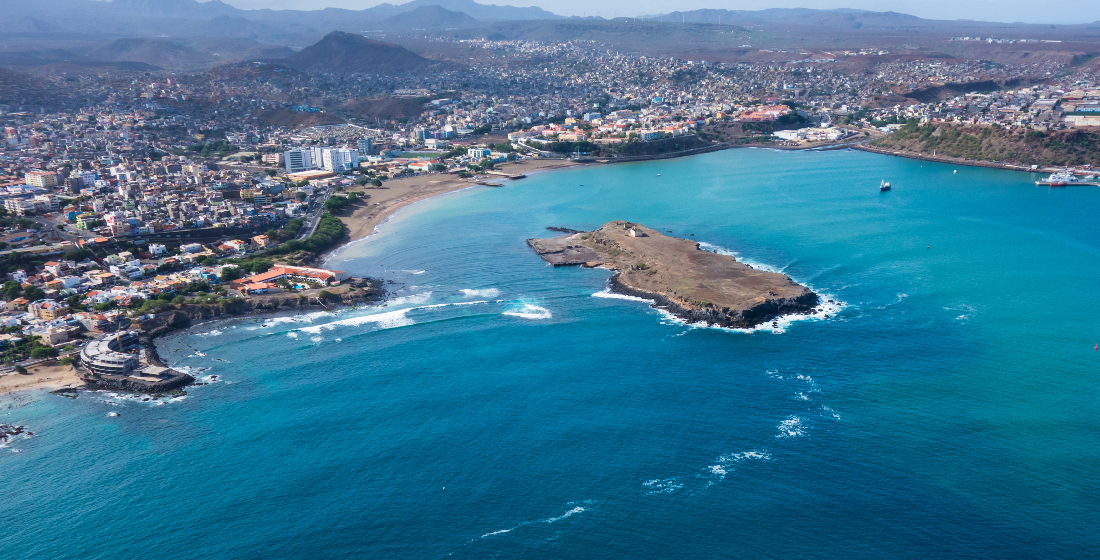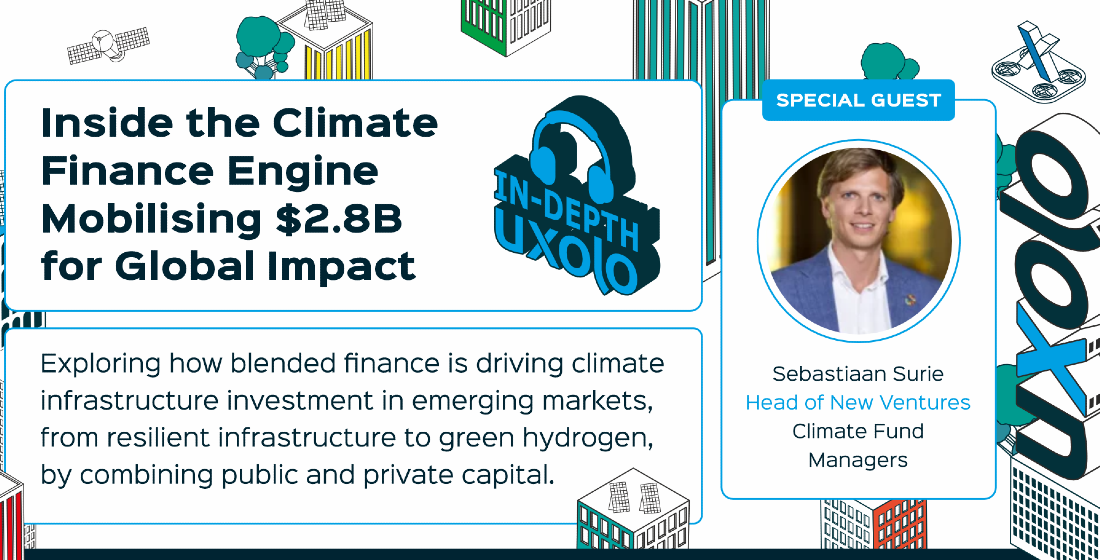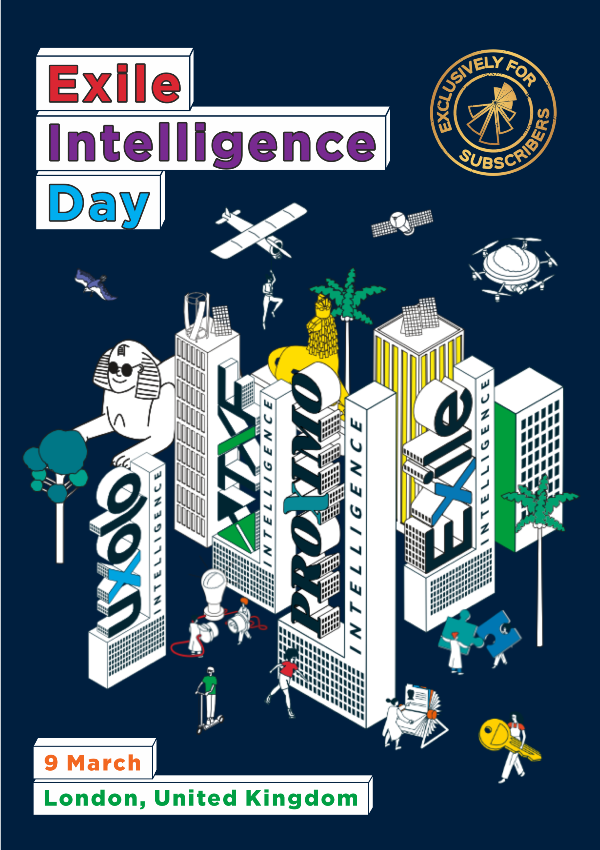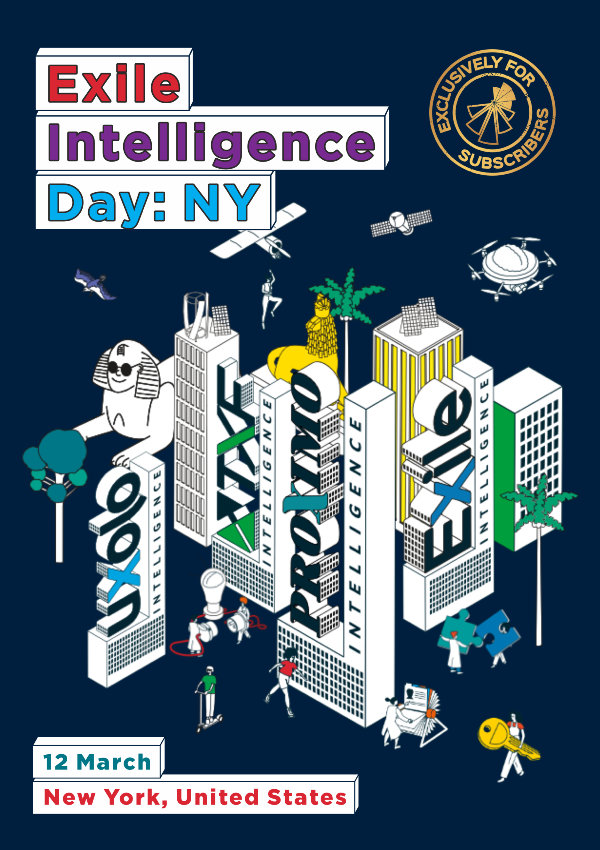Aspen Pharma: Great financing but where's the procurement support?
The Aspen Pharma deal was expected to fund Africa's first homegrown industrial scale Covid-19 vaccine production. There was nothing wrong with the financing or the borrower's ability to deliver - but as yet COVAX has not placed a single order with Aspen.
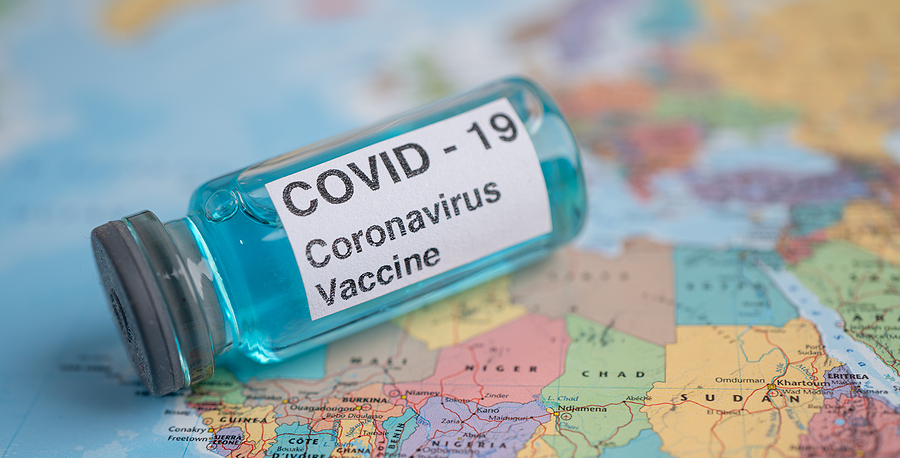
The DFI-backed financing that backed Aspen Pharma's efforts to make localised African Covid-19 vaccine production a reality was a flagship deal of 2021. The deal was designed to refinance existing Aspen debt and strengthen the company's balance sheet, supporting Aspen's operations including production of vaccines, and other therapies, in African and emerging markets. But Africa's first, and largest, vaccine factory has since been described as a potential ‘white elephant’ as international support for localised vaccine production fails to secure any vaccine orders, threatening to undermine efforts to build a homegrown vaccine industry on the continent. Speaking to Uxolo, Stavros Nicolaou, Senior Executive of Strategic Trade at Aspen Pharma Group, said that unless orders were placed soon, Africa’s first vaccine factory will be forced to shift production lines to alternative products.
“Everyone's calling for Africa to have its own capacity and production capability,” said Nicolaou. “The sad reality is that not a single dose has been procured as yet. Aspen was quick of the mark because we have significant existing capacities, so we could pivot to producing Covid vaccines extremely swiftly. If there is no demand and no orders are placed, like any other manufacturer we will not keep these production lines and we will have to pivot back into producing other products. We need orders to sustain capacity. You can't stay in a no-man's land forever. There is nothing worse than investing and putting up these white elephants to then shut them down, to lose the people and the skills.”
Africa has struggled to find a reliable source of vaccines since the start of the pandemic. According to the World Health Organisation (WHO), as of February this year only 13% of Africans are fully vaccinated. Eighteen countries have vaccinated less than 10% of their population and three have vaccinated less than 1%. That said, twenty-nine countries have used less than 50% of their vaccine stock.
The Aspen deal
Hopes were raised in September 2020 when Aspen agreed a licensing deal with Johnson & Johnson (J&J) allowing the pharmaceutical giant to produce vaccines on the African continent. And in July last year yet further progress had been made with IFC, DFC and DFIs from France and Germany providing financing to Aspen Pharmacare, in what was IFC’s largest healthcare investment to date.
The €600 million seven year long-term co-financing package was supposed to play a major role in producing Covid-19 treatment therapies and vaccines on the African continent, and was seen as crucial to meet the African Union goal for 60% of all vaccines administered in Africa to be produced on the continent by 2040. The debt package was mobilised by IFC, the private sector arm of the World Bank Group, including €200 million from IFC's own account, €156 million from Proparco, a subsidiary of Agence Francaise de Developpement (AFD Group), €144 million to be arranged by DEG, and €100 million from DFC. Baker McKenzie provided borrower counsel and White & Case advised the lenders.
Since the financing closed Aspen has not received a single order for its Aspenovax vaccine. Aspen currently has the capacity to produce around one million vaccine doses per day. Roughly half of that is being used to fulfil its supply agreement with J&J. The remaining capacity, which had been expected to produce Aspenovax shots destined for the African market, is currently sitting idle.
IFC's investment in Aspen fell under its Global Health Platform launched in July 2020 to help developing countries fight the coronavirus pandemic and increase their healthcare systems' resilience with the specific aim of supporting vaccines and related initiatives.
An IFC spokesperson told Uxolo: “IFC is committed to working with our public and private sector partners to strengthen Africa’s pharmaceutical and vaccine manufacturing capabilities. IFC’s debt facility to Aspen Pharmacare is not limited to its vaccine manufacturing operations. Aspen is a diversified, global manufacturer of pharmaceuticals with a presence in South Africa and other markets globally. IFC continues to work with Aspen and other stakeholders to support regional and local manufacturing of pharmaceuticals and vaccines in Africa and to catalyse increased procurement of vaccines manufactured in Africa for use on the continent… The specific terms of the IFC debt facility are subject to a confidentiality agreement between IFC, the co-funders, and the company.”
As the loan is not tied to production and delivery of vaccines specifically, Aspen is in no danger of defaulting on the debt. For H1 2022 Aspen posted an earnings before interest, taxes, depreciation, and amortisation (EBITDA) of $350 million, up from $318 million posted at the same point last year. Nevertheless, the failure of Africa's first vaccine factory to produce any vaccines is an indictment of international support, undermining “global solidarity”, according to Nicolaou.
This is despite hefty DFI support. As of June 30, 2022, the World Bank approved operations to support vaccine rollout in 78 countries amounting to $10.1 billion, across its four arms, IBRD, IDA, IFC and MIGA. Just last month IFC announced a partnership with Avacare Global to help the company expand its manufacturing and distribution of various pharmaceutical and healthcare consumable products, including generic drugs in Africa. The DFC, IFC, EIB and AFD have also committed to supporting the Fondation Institut Pasteur de Dakar (IPD) in its efforts to facilitate the production of vaccines against Covid-19 in Senegal.
Where are the procurement agencies?
Notably, Nicolaou does not fault the DFIs. “They’re sympathetic, and understand the urgency of the matter but at the end of the day it's the procurement agencies. The multilateral procurement agencies that we rely on to procure Covid vaccines were not placing orders with us. COVAX has procured around 2.1 billion doses, 1.5 billion of those have been distributed. And there has not been a single vaccine procured from an African producer.”
Fluctuating vaccine demand and lack of any assurances or binding agreement between the vaccine producers and vaccine procurers will, in all likelihood, leave African producers at the mercy of large bilateral agencies like COVAX. With vaccine production halted, Africa looks to remain reliant on the meagre supply of Covid vaccine imports and donations for the foreseeable future.

